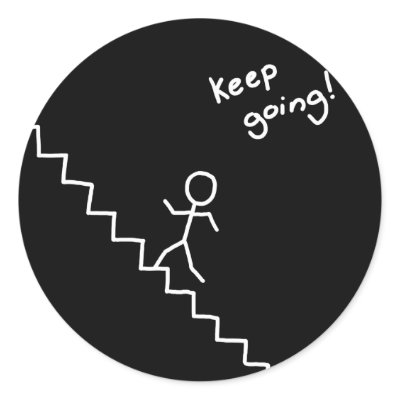How to Write a Cover Letter to an Agent or a Publisher
Sunday Morning Writer’s Blog

Cover letters should be short (one page or a page and a half) and to the point. They should shake the agent or publisher awake and make them want to read your book. In other words, write “tight and bright.” Avoid over-writing (flowery or elevated diction, too many adjectives and adverbs) and vague generalizations as in… “it’s a book about love.” If you fall into those traps, your letter will alert the agent or editor to poor language skills, and chances are they won’t bother looking at your sample chapter.
The first paragraph should introduce you as a writer. It should briefly summarize your writing experience, publications and awards (if you have any). The same first paragraph should mention the name of a writer like myself whom you have studied under and quote what that person said about your work as in: “Jane Smith shows extraordinary promise…”
The second paragraph should describe your book. You should start off with the title and why you wrote your book and then say what you think is unique about it. A well-known publisher once told me she was looking for: (1) Illumination: does the book illuminate its subject? (2) Edge: does the writing have an energy that conveys a narrative excitement that will make the reader turn the page? (3) Craft: story-telling skills, interesting voice and a writerly use of language.
The third paragraph should give a brief summary of the plot of the novel or the subject of your non-fiction book. These are hard to write so try to describe what happens simply and clearly. And again––no overwriting. And no sloppy use of language. Be specific and concrete.
The fourth paragraph should say if you are enclosing a sample chapter or excerpt, and possibly a more detailed plot summary. (You must check an agent’s website. Their submissions category will tell you the format they want you to use. Some ask just for a cover letter; others ask for sample chapters. it varies so make sure you follow their guidelines.) A sample chapter should be very polished. Too many emerging writers send out work before it is finished. Remember: agents and publishers are looking for an excuse not to take your work because these days they are flooded with query letters and submissions. So you need to overcome that resistance by writing a cover letter they can’t ignore.
In closing, thank the editor or publisher for considering your work. Agents don’t like multiple submissions but all publishing companies understand that you or your agent may be shopping your novel around. With publishers, multiple submissions are standard.
In Canada, it is harder to find an agent than a publisher. Eighty percent of Canadian writers are un-agented, perhaps because we have more writers per capita than the U.S. Our government has supported writers through grants and cultural programs as a way of promoting the Canadian identity. It makes the field very competitive for you; at the same time, you live in a culture that has made encouraging the growth of a national literature part of its policies and Canadian writers have been very successful internationally, winning Booker nominations and other foreign awards like the Dublin’s Impac prize.
And last but not least, keep going. All writers get rejected. It’s a hazard of the trade, and learning how to roll with rejections is just part of a day’s work.

